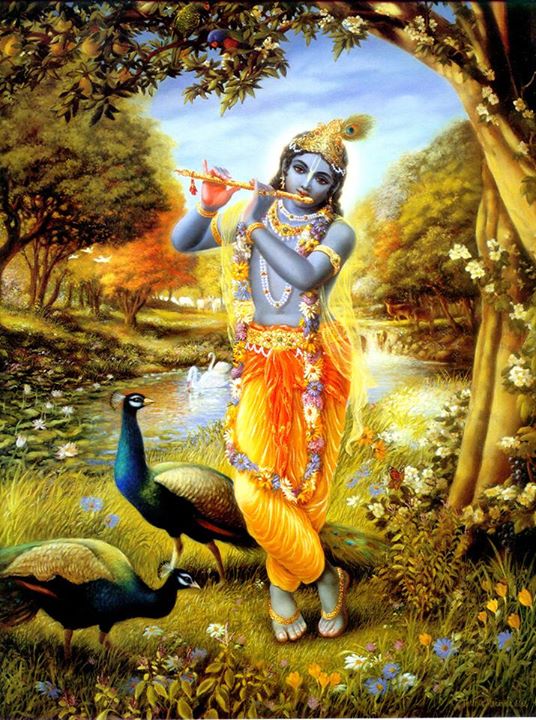Srimad Bhagavatham : 6. 4. 8.

Skandham-6. Chapter-4. ( The Hamsa-guhya Prayers ) Slokam : 8. aho prajapati-patir bhagavan harir avyayah, vanaspatin osadhis ca sasarjorjam isam vibhuh. aho = alas; prajapati-patih = the Lord of all the lords of created beings; bhagavan harih = the Supreme Personality of Godhead, Hari; avyayah = indestructible; vanaspatin = the trees and plants; sadhih = the herbs; ca = and; sasarja = created; urjam = invigorating; isam = food; vibhuh = the Supreme Being. The Supreme Personality of Godhead, Sri Hari, is the master of all living entities, including all the prajapatis, such as Lord Brahma. Because He is the all-pervading and indestructible master, He has created all these trees a...










